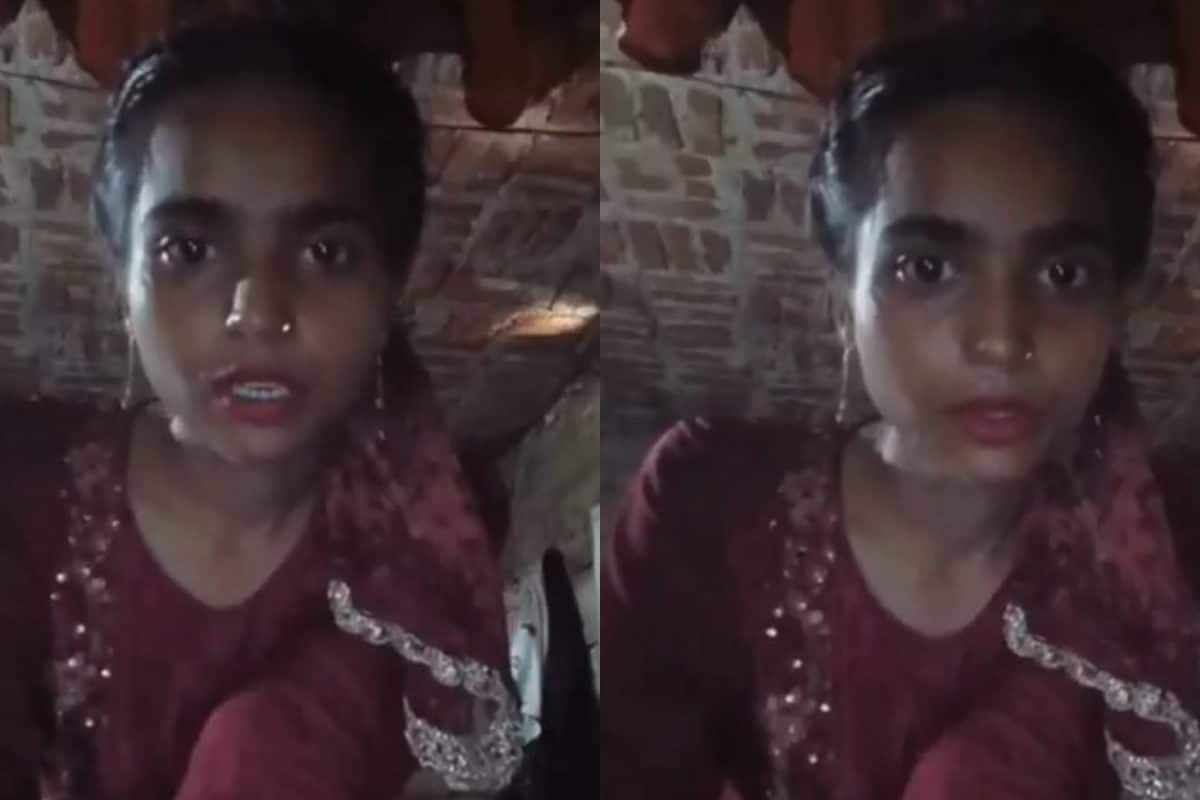

The issue of women taking their own lives after accusing their husbands and in-laws of harassment remains a persistent and deeply troubling issue, with several recent cases highlighting the various forms this abuse can take. These incidents underscore the urgent need for greater awareness, stronger legal protections, and more effective support systems for women facing domestic abuse.
In one recent case from March 2025, a 36-year-old Dalit woman named Appagalla Usharani died by suicide in Hyderabad, India, alleging harassment by her US-based husband. Usharani, who was living with her husband's parents, claimed in her suicide note that her husband, Alahari Sriram Anush, subjected her to mental and physical abuse over video calls. She alleged that Anush, who belongs to an upper caste, constantly accused her of having extramarital affairs and demanded access to her call logs and screenshots. Usharani's mother reported that the harassment intensified after Anush lost his job a month prior. Police have registered a case against Anush, charging him with abetment to suicide and cruelty by a husband, as well as under the Scheduled Castes and Scheduled Tribes (Prevention of Atrocities) Act.
Another case from January 2025 involved a 22-year-old woman in Rajasthan who died by suicide after posting a WhatsApp status accusing her in-laws of harassment. Before her death, she wrote, "I am committing suicide. I am fed up of the harassment from my father-in-law and sister-in-law... My mother-in-law is fond of handcuffs. Please let her be handcuffed after my death." The woman's family alleged that her in-laws had been harassing her for dowry since her marriage four years prior. They claimed that she had been physically abused and that her in-laws continued to demand more jewelry. Police have registered a case of dowry harassment and are awaiting the post-mortem report to take further action.
In yet another tragic incident from January 2025, a 19-year-old woman in Kerala died by suicide, with her family alleging harassment by her husband and in-laws over her complexion and limited English proficiency. Shahana Mumthaz, a first-year college student, had married Abdul Wahab, who worked in Abu Dhabi. Her family claimed that Wahab began ignoring her calls and harassing her through text messages, criticizing her appearance and language skills. They also alleged that Shahana's mother-in-law dismissed her concerns and suggested that Wahab deserved a "more mature and fair" partner. Police have registered a case and are investigating the circumstances surrounding her death.
These cases highlight the diverse forms of harassment that women face, including emotional and psychological abuse, dowry demands, and discrimination based on caste, appearance, and language skills. They also underscore the devastating impact of such abuse, which can lead to feelings of hopelessness and, in the most tragic cases, suicide. It is crucial for society to recognize and address the root causes of this problem, including patriarchal attitudes, gender inequality, and the normalization of violence against women.
Increased awareness campaigns, community education programs, and improved access to legal and psychological support services are essential steps in preventing such tragedies. Stricter enforcement of existing laws and the implementation of new legislation to protect women from domestic abuse are also necessary. Furthermore, it is important to challenge the social norms and cultural practices that perpetuate gender inequality and violence against women. If you or someone you know is struggling with domestic abuse or suicidal thoughts, please seek help. There are resources available to provide support and guidance.